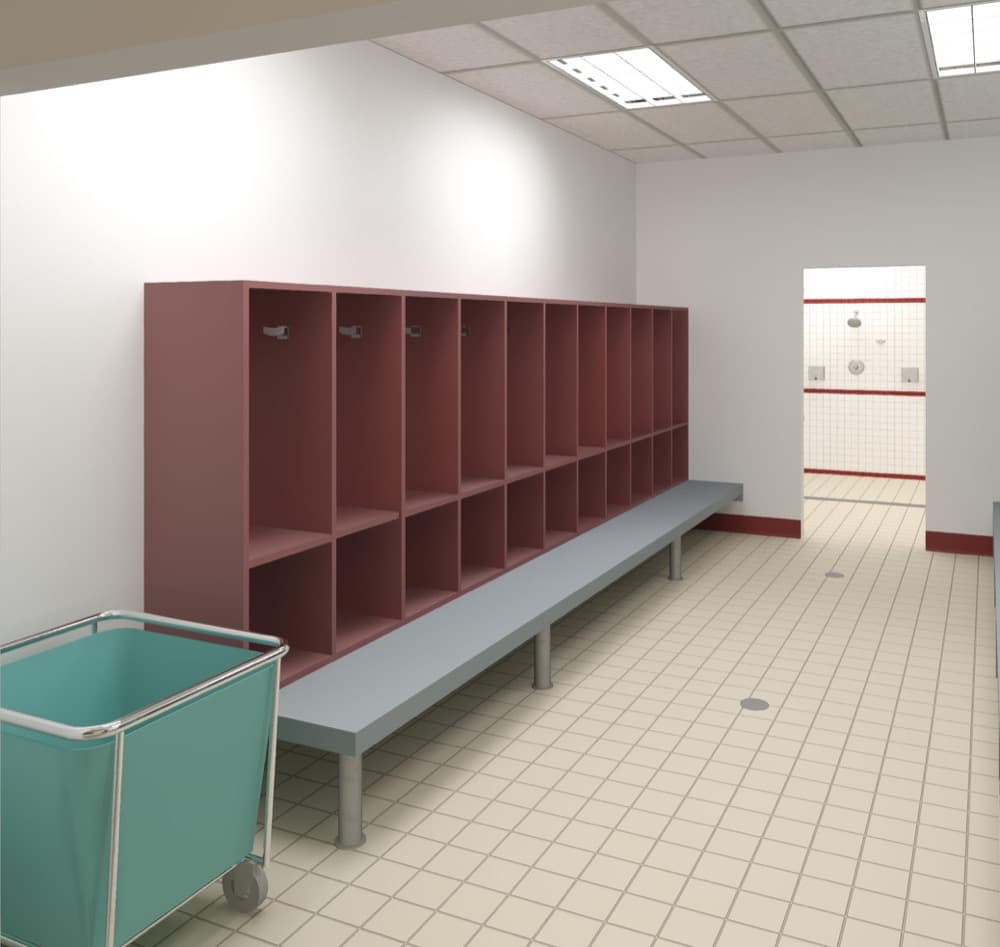
The Denver Rescue Mission and the city of Denver each plan to open new shelters in Northeast Park Hill this year for people experiencing homelessness.
The two new shelters will collectively have room for several hundred people. They'll serve as a replacement for a current "overflow" shelter further east.
Rather than an emergency location for extra beds, the city is looking at these new shelters as permanent, full-time parts of the city's shelter system.
"We’ve all been in the process to drop the name 'overflow,' just to recognize that these are more permanently sited programs and will be run as programs integrating services that shelters provide," said Chris Conner, program administrator for Denver's Road Home.
The new Denver Rescue Mission shelter, called the Holly Center, will open at 5725 East 39th Ave., in the warehouse district between Interstate 70 and the residences of Northeast Park Hill. It will have overnight beds for 228 men, according to DRM spokeswoman Alexxa Gagner.
The new facility will have beds for all guests, instead of the thin mats that sometimes are used at DRM's downtown shelter. It also will have showers. In the works for several years, the shelter should open around Nov. 1.
Guests "will have that really dignified place to sleep," Gagner said.

That's part of an overall city push to improve conditions at shelters, according to Conner. "The idea is that we're going to set the standard of care higher," he said.
The city also will be opening its own permanent new facility at 4330 E. 48th Ave., a warehouse just northeast of Interstate 70 and Colorado Boulevard, which the city recently bought for about $4.5 million.
The new city facility is meant to replace the city shelter in the far northeast at Peoria and Interstate 70, which on some nights has hosted more than 400 people.
It's unclear when the transition will take place, Conner said. The new city shelter also will offer beds, rather than mats, in all but the most dire situations.
Use of the city's homeless shelters has risen at a moderate but steady rate, according to Conner. About 2.5 percent more people used the shelters in the first half of 2017 compared to 2016, he said.
He expects that the city will have about the same number of shelter beds this winter as last winter. That's because the Salvation Army has reduced capacity at its Crossroads shelter in River North after city inspectors found it was dangerously over capacity.
Conner is most concerned about the situation for families experiencing homelessness this winter. It's becoming harder and harder to place families in private-sector motels as demand increases, he said.
"It’s an anxiety for me, but it’s an anxiety that I face year to year," he said.
Catholic Charities also recently opened Denver's largest women-only shelter, with room for 150 people.











